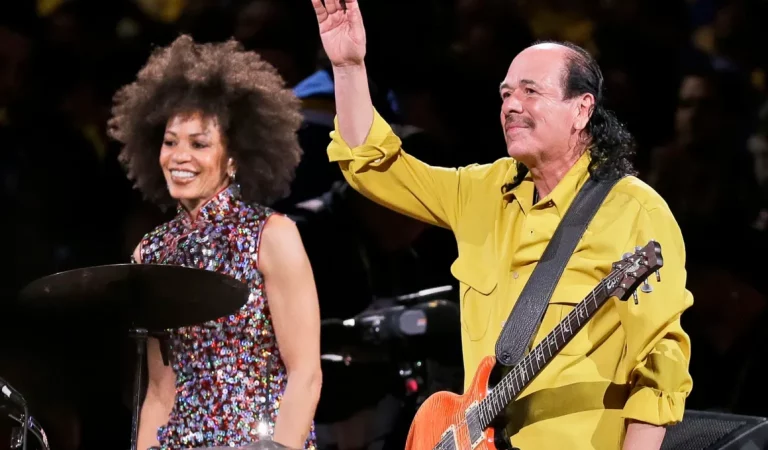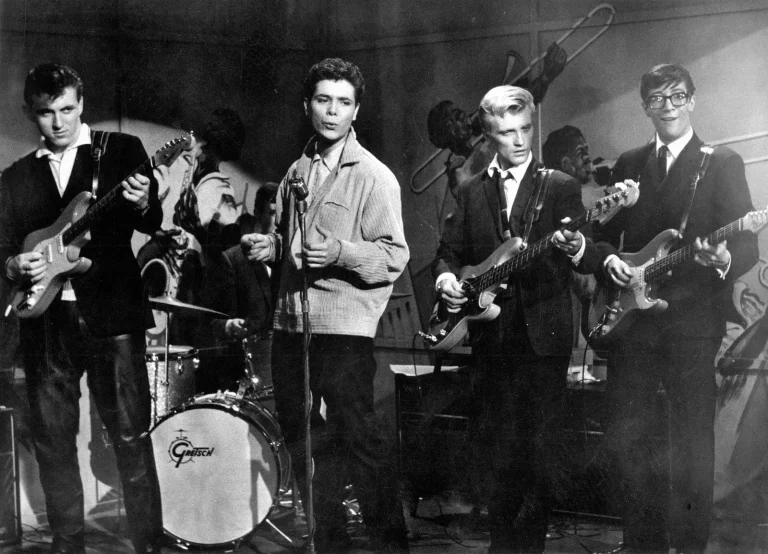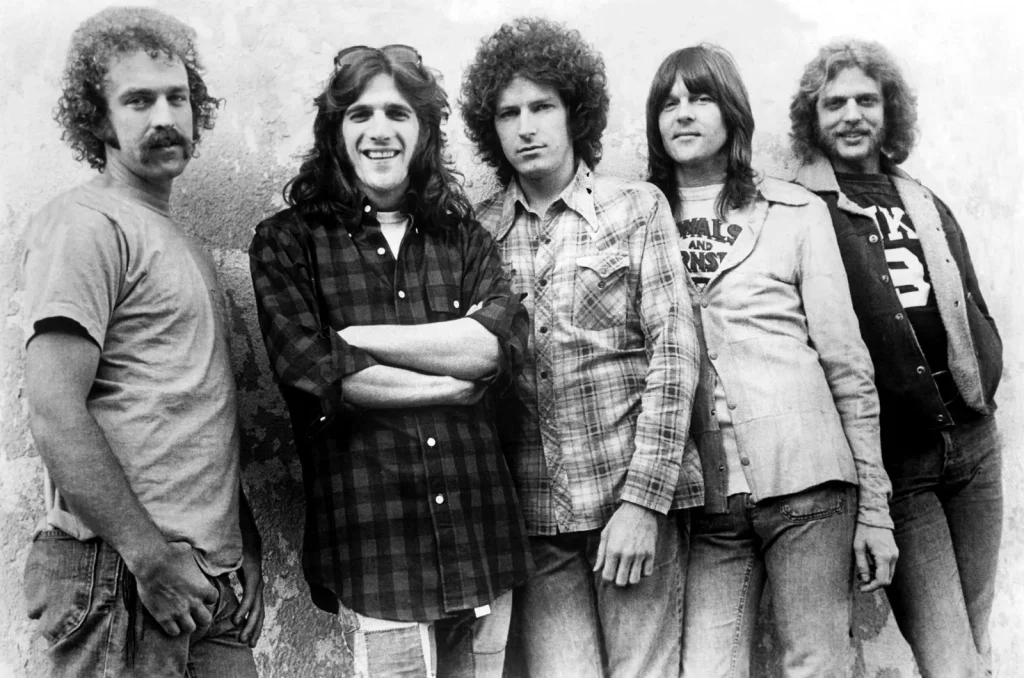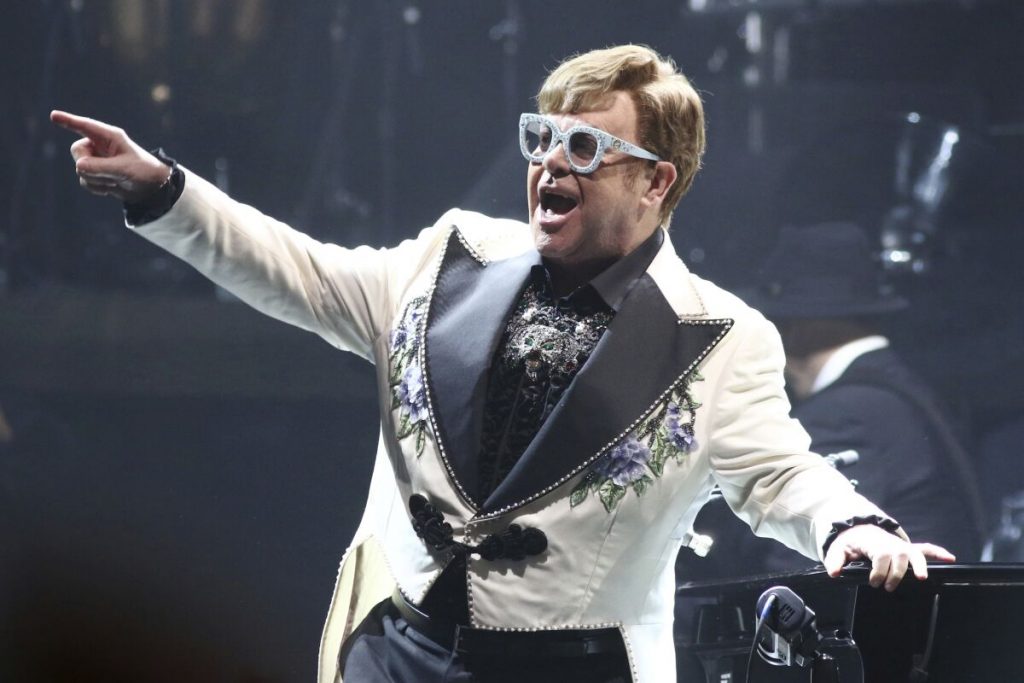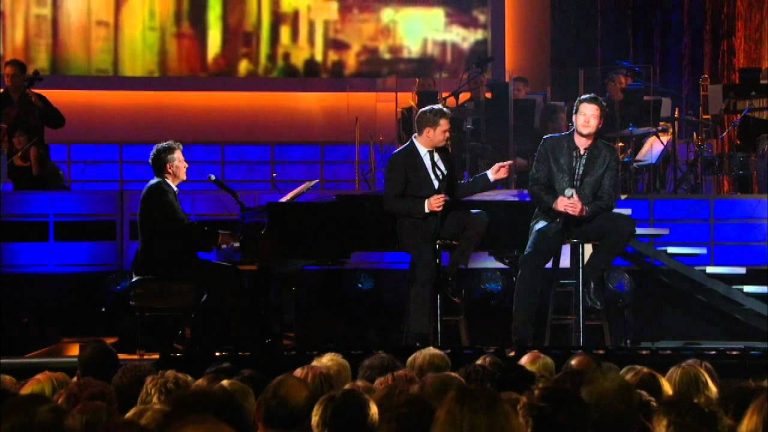In 2024, legendary tenor Andrea Bocelli marks three decades in the recording industry with a grand musical celebration in the heart of Tuscany. The milestone is being commemorated with a series of special performances at the Teatro del Silenzio, drawing an eclectic mix of global celebrities, fellow musicians, and devoted fans to his home region.
Among the high-profile guests was actor Will Smith, who didn’t just attend—he stepped into the spotlight alongside Bocelli and shared candid glimpses from the event online. One of his Instagram highlights featured a cheerful snapshot with singer-songwriter Ed Sheeran, who also made the journey to Italy to be part of the occasion.
In a charming and lighthearted moment during the celebration, Bocelli opened the evening by performing Mozart’s Symphony No. 40 on the flute. After finishing, he joked to the audience, “Anyone feel like playing the flute?” With a grin, he passed the instrument to Sheeran, adding playfully, “This is the best flute.”
Sheeran gave it a try, hesitating at first but eventually coaxing out a few notes—earning warm applause and laughs from the crowd for his efforts.



